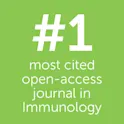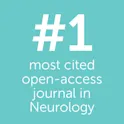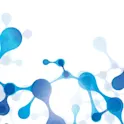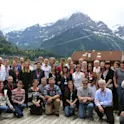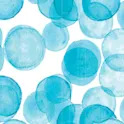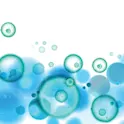
Frontiers news
05 Jul 2016
Most viewed Immunology articles in June 2016
Aerobic Exercise Reduces Asthma Phenotype by Modulation of the Leukotriene Pathway Ricardo Wesley Alberca-Custódio, Flávia Regina Greiffo, BreAnne MacKenzie, Manoel Carneiro Oliveira-Junior, Adilson Santos Andrade-Sousa, Gustavo Silveira Graudenz, Angela Batista Gomes Santos, Nilsa Regina Damaceno-Rodrigues, Hugo Caire Castro-Faria-Neto, Fernanda Magalhaes Arantes-Costa, Milton De Arruda Martins, Asghar Abbasi, Chin Jia Lin, Marco Idzko, Ana Paula Ligeiro Oliveira, Hinnak Northoff and Rodolfo Paula Vieira* Genetic Diagnosis Using Whole Exome Sequencing in Common Variable Immunodeficiency Patrick Maffucci, Charles A. Filion, Bertrand Boisson, Yuval Itan, Lei Shang, Jean-Laurent Casanova and Charlotte Cunningham-Rundles* Deficient Neutrophil Extracellular Trap Formation in Patients Undergoing Bone Marrow Transplantation Jared W. Glenn, Mark J. Cody, Meghann P. McManus, Michael A. Pulsipher, Joshua D. Schiffman and Christian Con Yost* Peptidylarginine Deiminase Inhibitor Suppresses Neutrophil Extracellular Trap Formation and MPO-ANCA Production Yoshihiro Kusunoki, Daigo Nakazawa, Haruki Shida, Fumihiko Hattanda, Arina Miyoshi, Sakiko Masuda, Saori Nishio, Utano Tomaru, Tatsuya Atsumi and Akihiro Ishizu* Complement Component C1q Programs a Pro-Efferocytic Phenotype while Limiting TNFα Production in Primary Mouse and Human Macrophages Holly J. Hulsebus, Sean D. O’Conner, Emily M. Smith, Chunfa Jie, and Suzanne S. Bohlson* Differential Expression of Immune Checkpoint Modulators on In Vitro Primed CD4+ and CD8+ T Cells Nina C. Sabins*, Benjamin C. Harman, Linda R. […]


